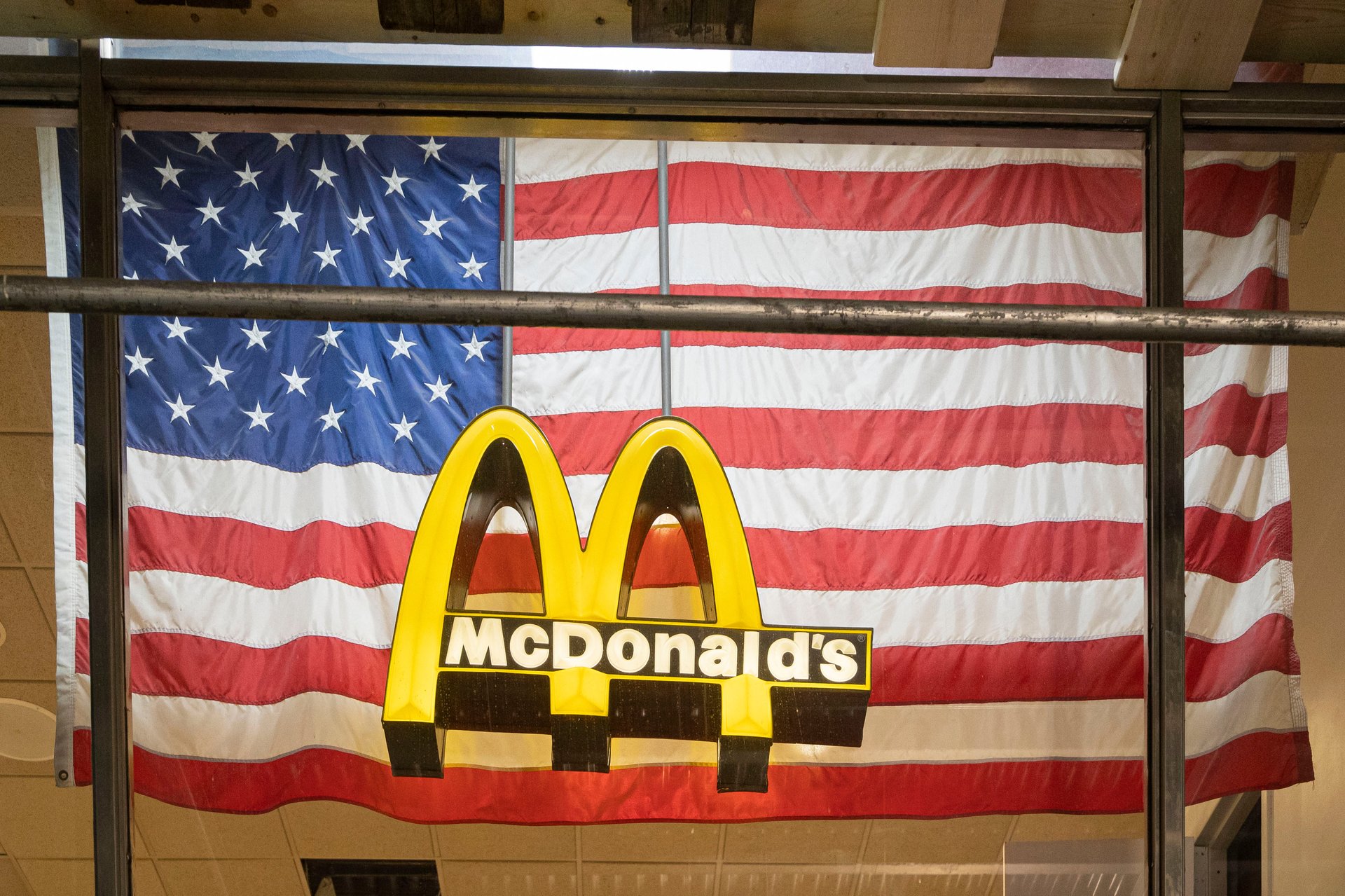McDonald's is joining the FTC in going after an alleged meat monopoly
If a new lawsuit is successful, "the ripple effect could be huge,” a business expert says

McDonald’s is stepping into the regulatory arena alongside the Federal Trade Commission (FTC) to challenge a suspected meat monopoly – an unexpected move that signals a shift in corporate responsibility.
Suggested Reading
The burger giant’s beef with big cattle raises the stakes in a years-long battle that could reshape the landscape of the meat industry, influencing everything from pricing to consumer choice.
Related Content
Earlier this month, McDonald’s sued Tyson Foods (TSN), JBS, Cargill, and the National Beef Supply, accusing them of colluding for nearly a decade to limit beef supplies. The four companies, commonly known as the “Big Four,” control over 80% of the cattle market.
If collusion is proven, the implications could be profound, according to Anat Alon-Beck, a business law professor at Case Western Reserve University who specializes in anti-trust law.
According to Alon-Beck, producers might be forced to alter their pricing strategies and production methods, while retailers may face pressure to source meat from more diverse suppliers. It could also foster innovation within the supply chain, as businesses seek to navigate new regulations and consumer demands for transparency and ethical sourcing.
“The ripple effect could be huge,” she told Quartz.
Transparency from the beef giants has been a top priority of regulators for some time. In June 2020, reports emerged that the Antitrust Division of the Department of Justice (DOJ) had issued civil subpoenas to the Big Four, seeking information on pricing practices dating back to January 2015.
In July 2021, the U.S. Senate Committee held a hearing focused on competition in the beef supply chain, where it highlighted the struggles of family cattle farmers amid market consolidation. While farmers, growers, and ranchers have tried to challenge the meatpacking giants, they’ve struggled to provide sufficient evidence of harm from the alleged anti-competitive behavior.
Such has been the case for Kroger (KR) and Target (TGT). Earlier this year, the retail giants expressed similar worries regarding increasing profits and beef prices.
It remains unclear whether McDonald’s will succeed in its efforts. The chain, which has requested a jury trial, is currently pursuing unspecified monetary damages and a court order to halt the alleged price-fixing scheme.
On one hand, if the fast food giant is victorious, it could lead to a more competitive market, allowing smaller producers to gain a foothold. On the other hand, if the lawsuit fails, it might embolden other monopolistic practices among the beef giants, Alon-Beck said.
However, unlike family farmers, McDonald’s name carries significant weight. With 13,000 U.S restaurants and 39,000 locations worldwide, the chain is a powerhouse in the food industry and its approach to the lawsuit could ultimately benefit the market and consumers alike, Alon-Beck argued.
“People care about where their food comes from,” she said. “If they see manipulation it could drive a demand for transparency.”
